Last year exposed and exacerbated pre-existing fault lines that had been previously ignored or minimised by those who claimed that 2019 was “the best year in history” only weeks before the pandemic shredded this illusion. Data exposed systemic inequities and structural imbalances when it showed that COVID-19 could severely affect many—even while infecting few—in the poorest regions because of its impact on trade, tourism, international aid, and more. Years and perhaps decades of slow progress on major indicators—including extreme poverty and gender equality—were reversed, and negative trends accelerated, including environmental degradation, social polarisation, and income concentration.
The next few years offer a historical window of opportunity to join forces towards systemic change against redressable injustices and imbalances laid bare by the COVID-19 crisis—as well as other contemporary movements such as Black Lives Matter, #MeToo, and pro-democracy struggles around the globe—using some of the most powerful tools available to us, such as AI, blockchain, platforms, and, of course, at their heart, data. However, calls for “building back better” have become commonplace, often coming from traditional places of power, which may be inspired by The Leopard’s famous dictum: “Se vogliamo che tutto rimanga com’è bisogna che tutto cambi” (usually translated as “Everything must change so that everything can stay the same”).
When we look back on our contribution a year or a decade from today, we aim to have made a meaningful contribution to the world we hope to see, which can be traced by exploring the projects featured in our “Overview and Outlook 2020 – 2022” report.

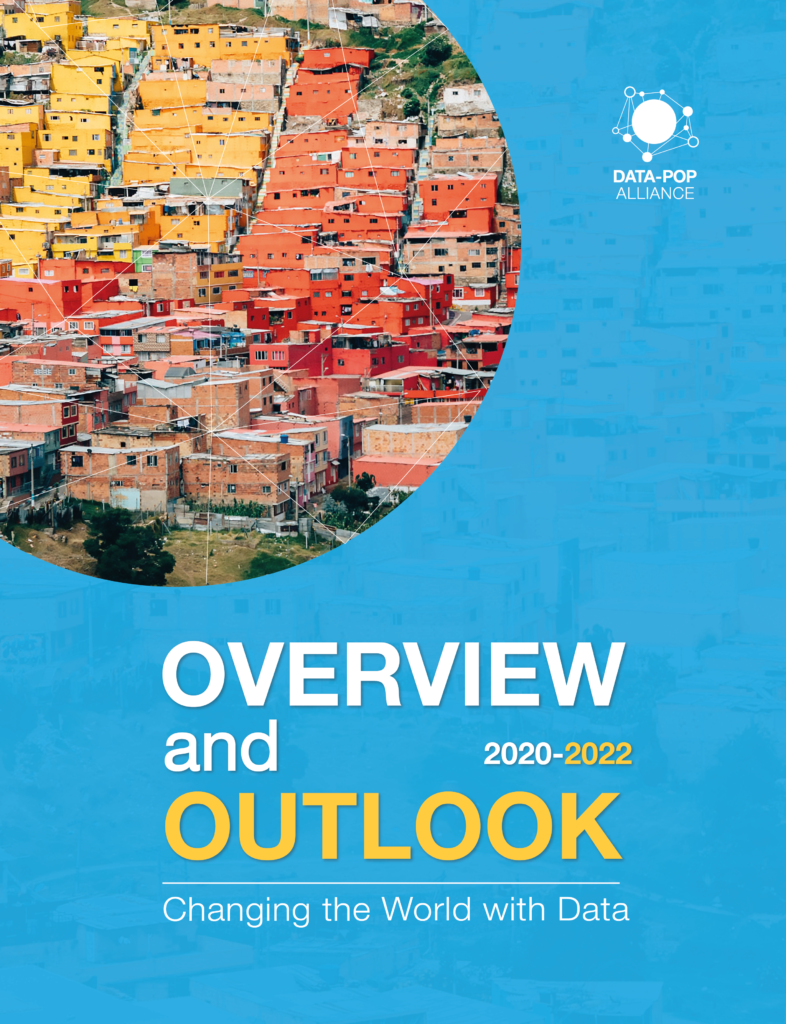
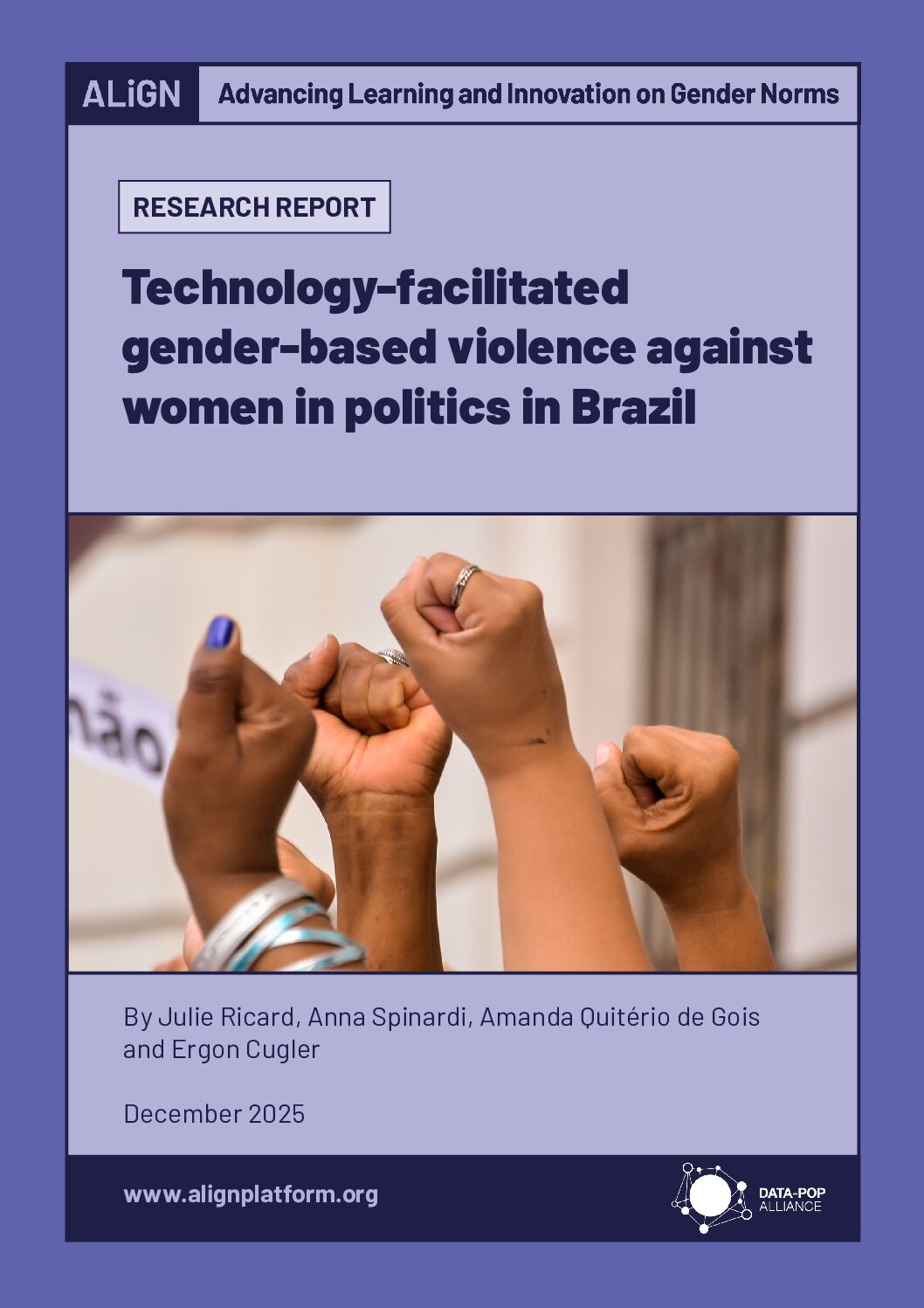
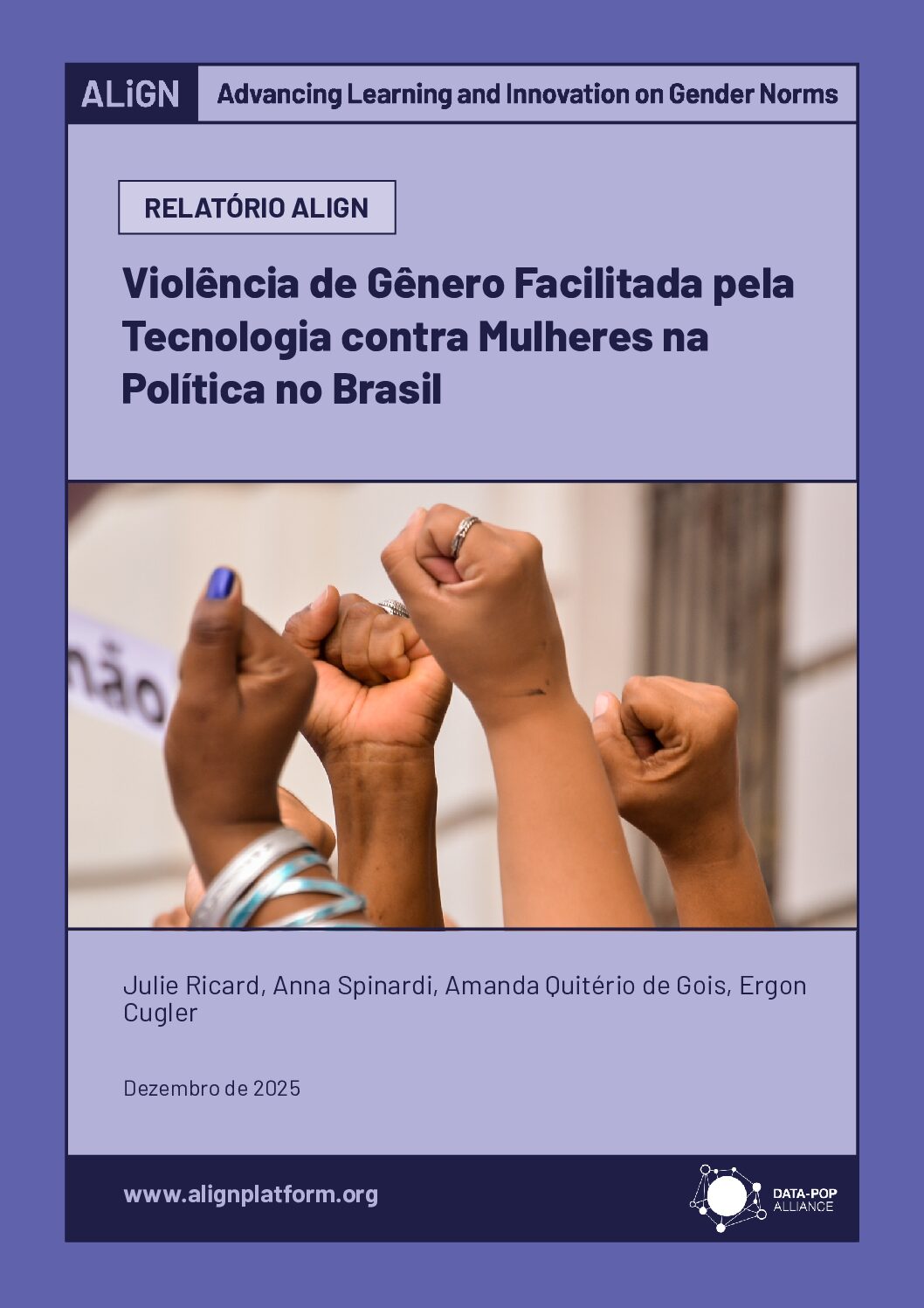
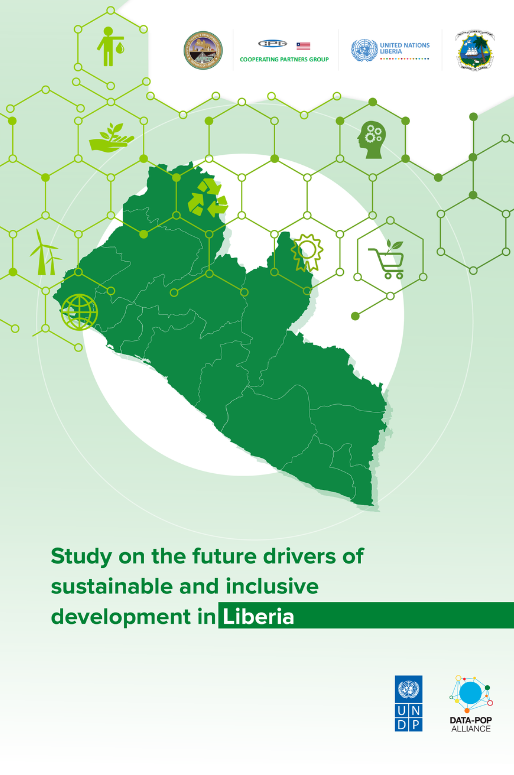

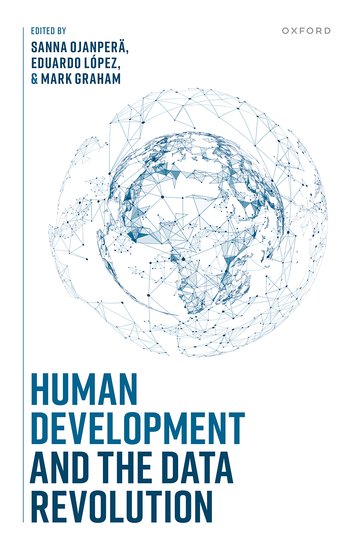
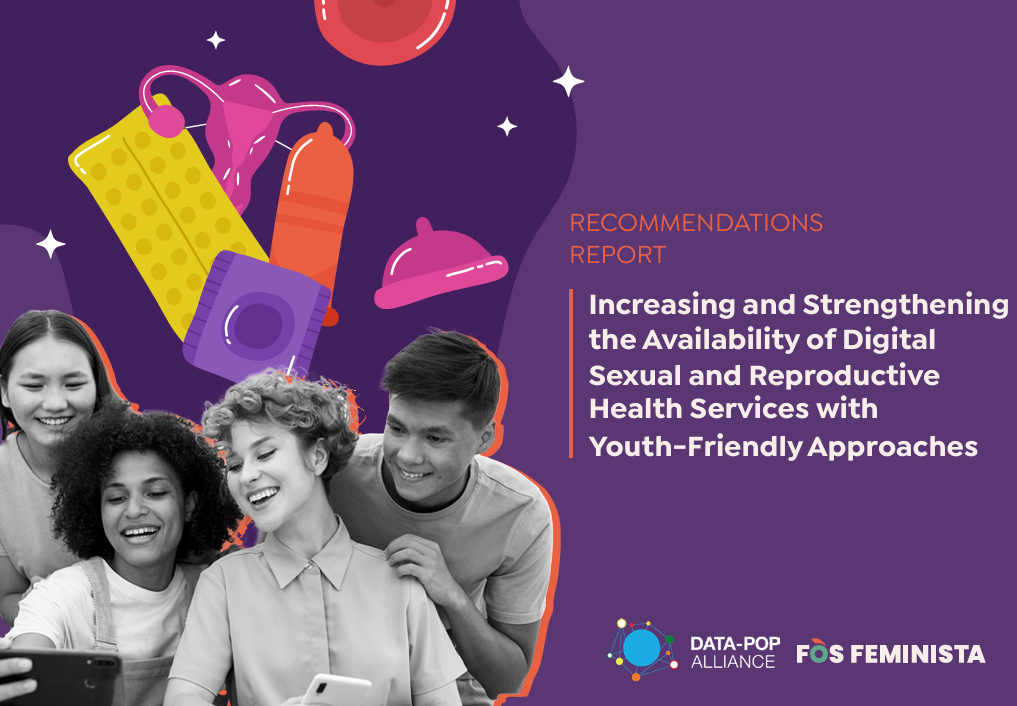
![[P124] cover Bangladesh_Report](https://datapopalliance.org/wp-content/uploads/2025/04/P124-cover-Bangladesh_Report.png)

![[WEB] Feature Blog Post](https://datapopalliance.org/wp-content/uploads/2025/02/WEB-Feature-Blog-Post-.png)
